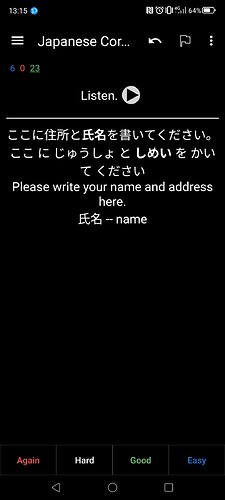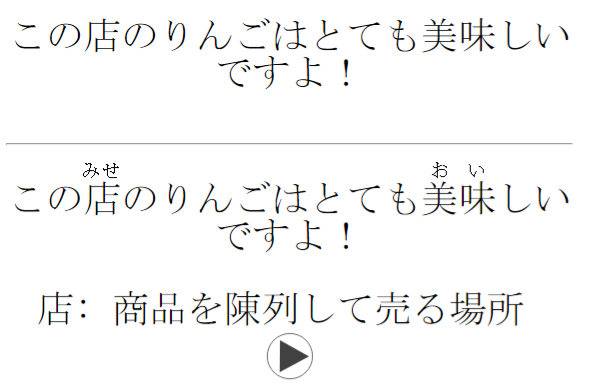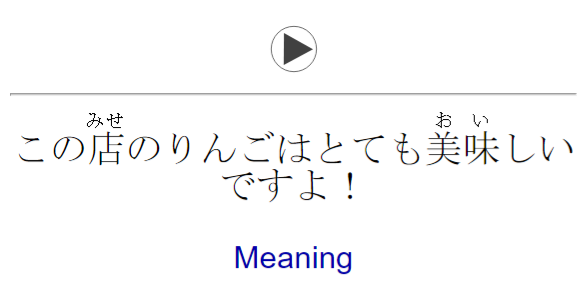Hello Everynyan,
I’m looking for something very specific before I try investing resources into making my own deck.
I am currently going through the Anki core 2k and generally enjoy it, and while it has its flaws(looking at you lack of input) I do enjoy that it does force a slightly better understanding of words in the context of sentences. While it lacks in having multiple sentences, per example I take what I can get. It most certainly has helped me when I hear the word in the wild. On top of the deck having 4 different methods of understanding to an extent.
Hearing
Recalling(The Kanji)
Listening to it in a sentence
Reading the sentence.
I have looked around in hopes of finding a similar deck for Wani and have been unsuccessful so far. I did find one, but it was Kanji only with no sentences, and as I remember, no listening.
I understand that Wani changes up their levels from time to time, but regardless, is anyone aware of a deck that is just like the core2k but within the Wanikani levels or shall I make slow efforts to make my own deck. Or is there anyone willing to also assist in the making of this deck? A native speaker who can read input the Audio once the cards are made?



